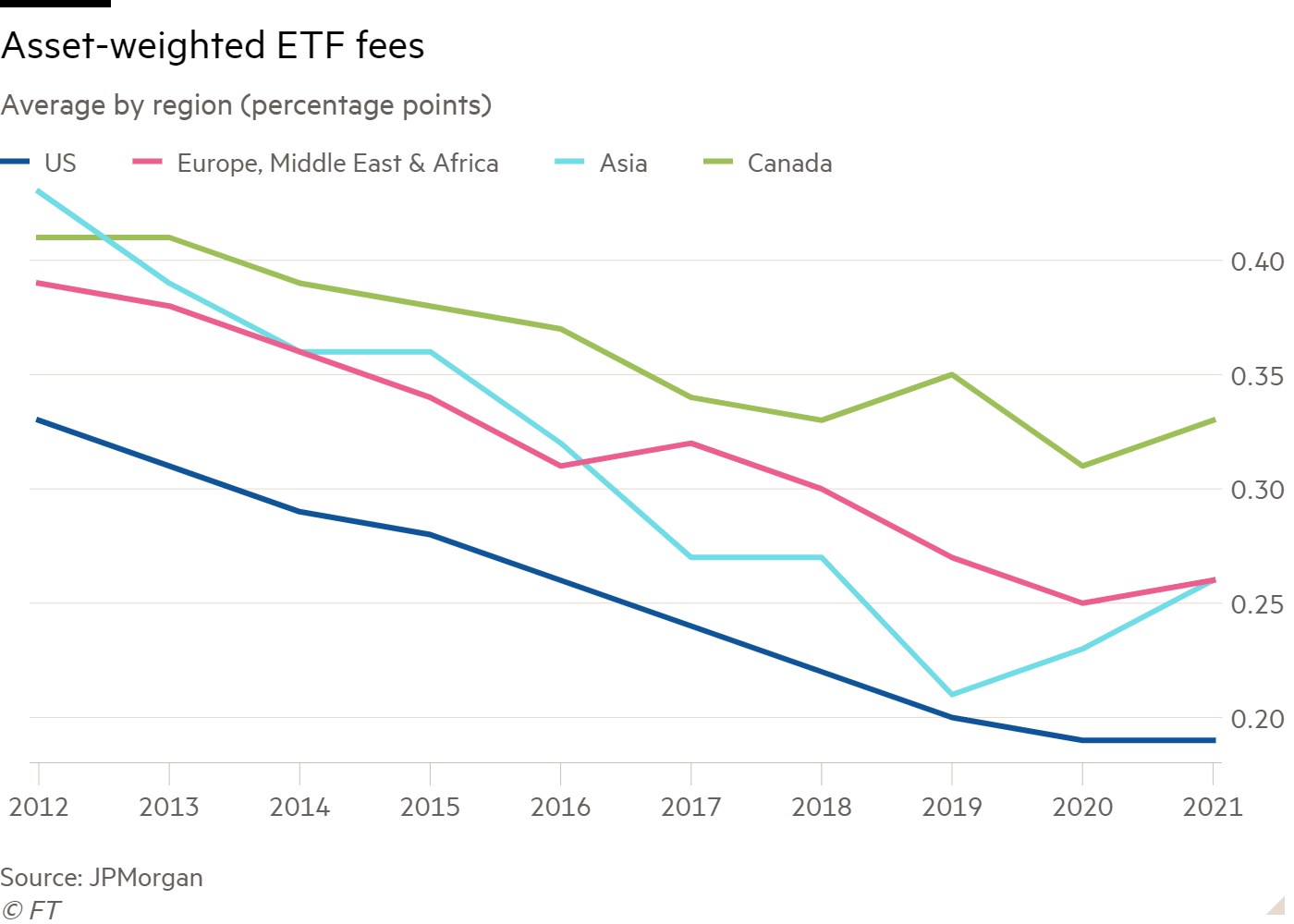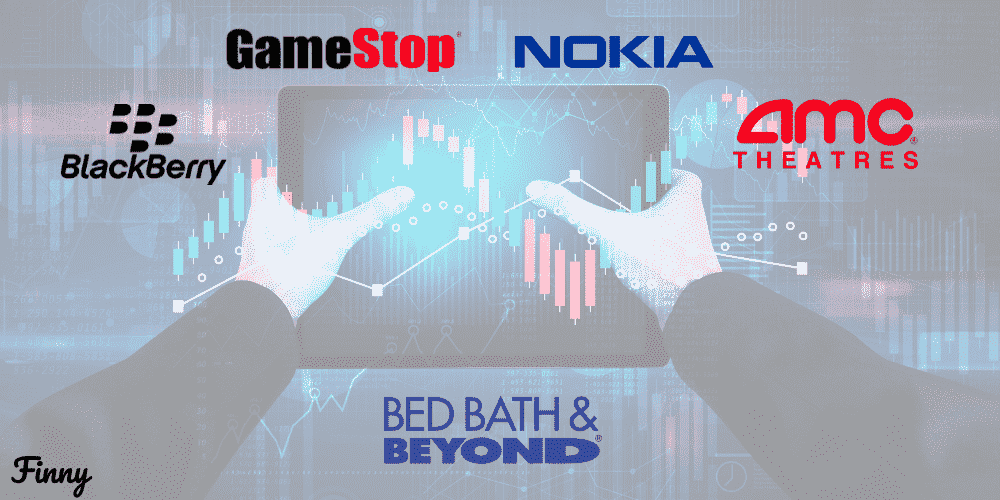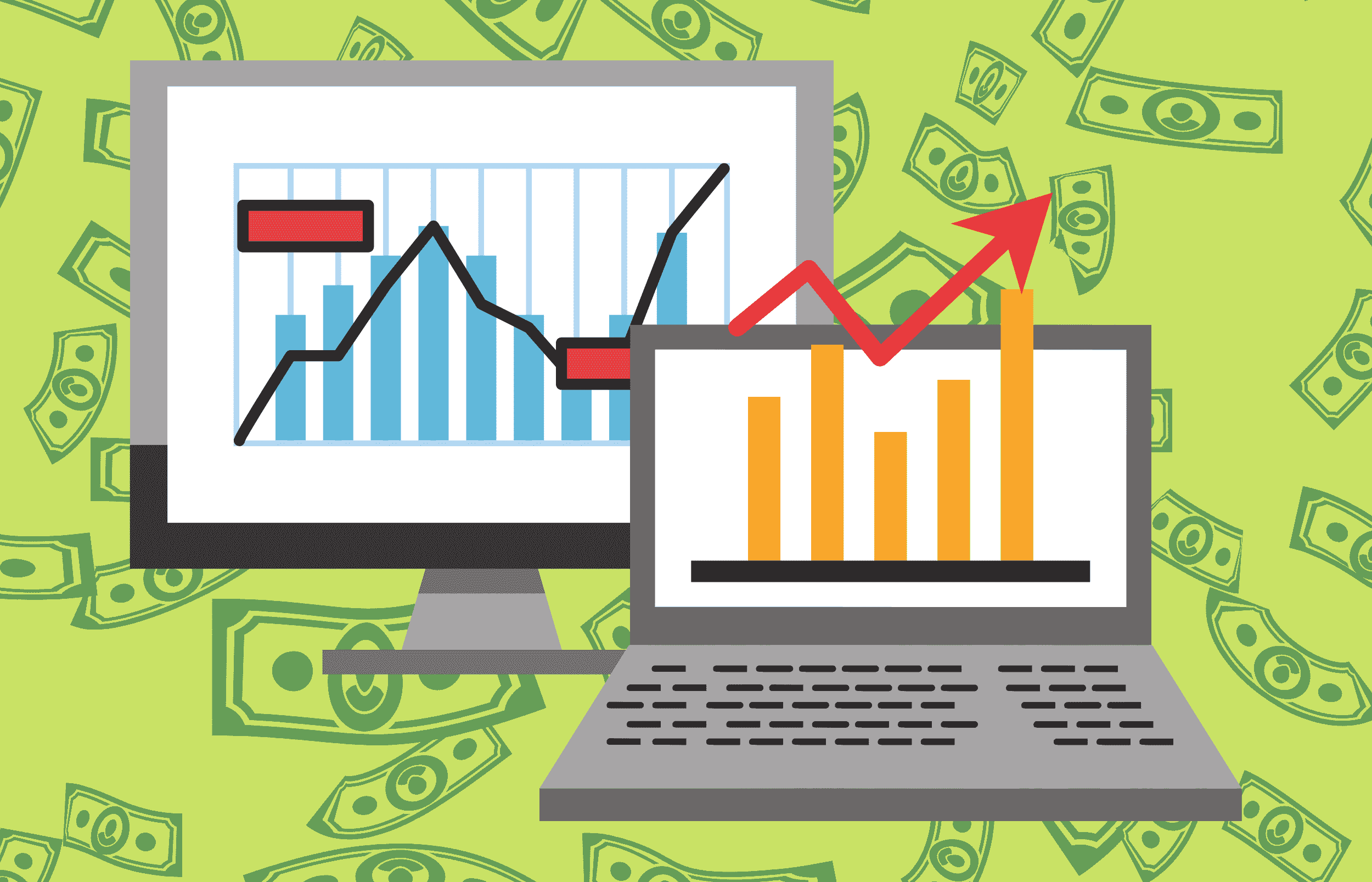| The homeownership rate in the US presently sits at about 65%, and most of those people didn't build their homes themselves. While the data is hard to come by, we know from rudimentary and first-hand experience that most home sales take place between private parties and that homes were either built by someone else or a contractor in the business of doing just that. Not only is building a home a stressful and often time-consuming process that most first-time homebuyers don't want to deal with, but now it's become more expensive than it already was. Fire sale, but because the commodities are hot The price for a ton of copper has risen from around $4,800 in early 2020 to about $10,000 as of early June 2021. Concrete has suffered mildly, and the cost of lumber is up over $1,000 per 1k board feet within the last year, but it's still not too expensive for Ben Shapiro. The costs of everything from paint due to the February snowstorm in Texas, PVC pipes due to more shortages, and anything and everything that involves wood or concrete, have been impacted over the last year and a half as a result. Building a home or not, the costs will likely be passed onto the buyer if they weren't incurred firsthand. How the heck do I calculate the cost? According to Realtor.com, the median cost of building your own house is $289,415, which is about $66,415 more than the median price you could buy one at. "But wait, Finny, Bankrate.com said the average cost of an existing home is $309,800, and building one would be $7,000 cheaper for me—at just $302,817." Good, now you understand the value of the phrase "data is subject to its inputs, everything is situational, and ultimately nobody knows." It depends on how much land you're buying, where the land is, how big the house is, who you hire to build it, what you want as your kitchen countertops, and maybe if it rains while it's pouring... your foundation too. Ultimately, it's a personal choice If you love the thrill of building things from scratch and have the temperament and patience to deal with the inevitable unknowns that seem to arise in every home building situation you've seen on HGTV, building your dream home from the bottom up may be a great life project for you. And for everyone else out there, now might be a good moment to lay low. | 
















